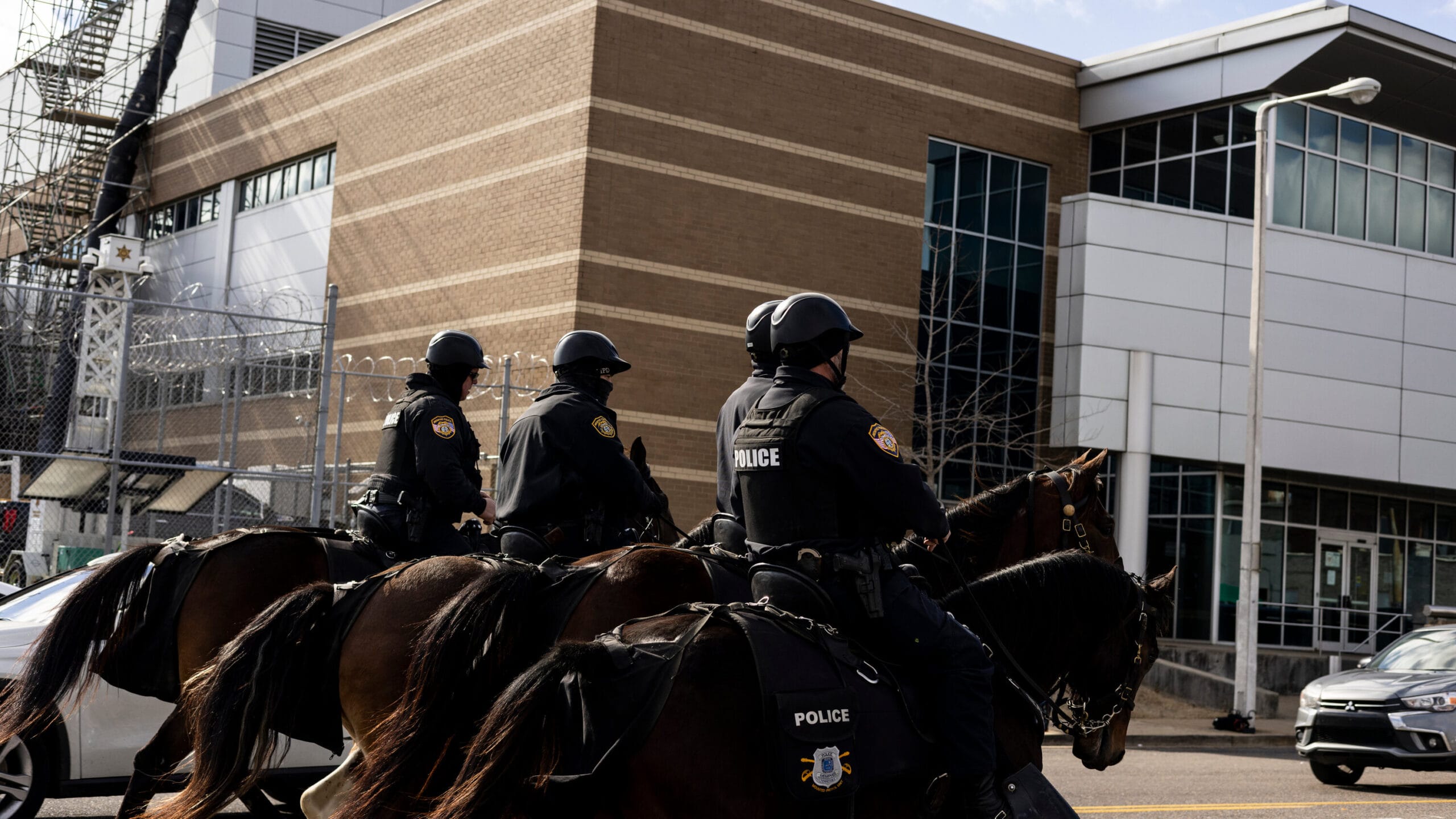In a move that has drawn significant attention and criticism, House Republicans have denounced the Democrats’ decision to conduct an early swearing-in ceremony for newly elected members of Congress. This ceremony, which took place prior to the customary schedule, has raised questions about the adherence to established legislative protocols and the potential impact on bipartisan relations as the new session approaches.
The early swearing-in ceremony, held in the Capitol, was attended by a number of Democratic lawmakers and newly elected representatives. The event was framed by Democrats as a necessary step to ensure that the incoming members could begin their work promptly, particularly in light of pressing issues facing the nation. However, Republicans have characterized the move as a partisan maneuver that undermines the traditional processes of the House.
Republican leaders have voiced their concerns, arguing that the early ceremony sets a troubling precedent. They contend that such actions could erode the collaborative spirit that is essential for effective governance. House Minority Leader Kevin McCarthy stated that the decision to hold the ceremony early was not only unnecessary but also indicative of a broader trend of unilateral decision-making by the Democratic majority. He emphasized the importance of maintaining established norms and practices that have historically guided the legislative process.
The controversy surrounding the early swearing-in ceremony has also highlighted the growing partisan divide in Congress. As both parties prepare for the upcoming legislative session, the atmosphere is charged with tension, and the potential for cooperation appears increasingly limited. Republican lawmakers have expressed concerns that the Democrats’ actions may further entrench divisions and hinder the ability to address critical issues facing the country, such as economic recovery, healthcare, and national security.
In response to the criticism, Democratic leaders have defended their decision, asserting that the early swearing-in was a pragmatic choice aimed at facilitating a smoother transition for new members. They argue that the incoming representatives need to be equipped to tackle the challenges ahead without unnecessary delays. House Speaker Nancy Pelosi remarked that the early ceremony was a reflection of the Democrats’ commitment to ensuring that all members are prepared to serve their constituents effectively from day one.
The debate over the early swearing-in ceremony is emblematic of the broader challenges facing Congress as it grapples with a polarized political landscape. With both parties entrenched in their positions, the prospect of bipartisan cooperation appears increasingly elusive. Observers have noted that the early ceremony may serve as a flashpoint for further conflicts between the two parties, particularly as they navigate contentious issues in the coming months.
As the new Congress convenes, the implications of the early swearing-in ceremony will likely reverberate throughout the legislative session. The ability of lawmakers to work together across party lines will be tested as they confront a range of pressing issues, including budget negotiations, infrastructure spending, and social policy reforms. The early ceremony may have set the tone for a session characterized by heightened partisanship and a struggle for influence.
In conclusion, the House Republicans’ denunciation of the Democrats’ early swearing-in ceremony underscores the deepening divisions within Congress. As both parties prepare to engage in what promises to be a contentious legislative session, the early ceremony serves as a reminder of the challenges that lie ahead. The ability to foster cooperation and dialogue will be crucial as lawmakers seek to address the myriad issues facing the nation.



